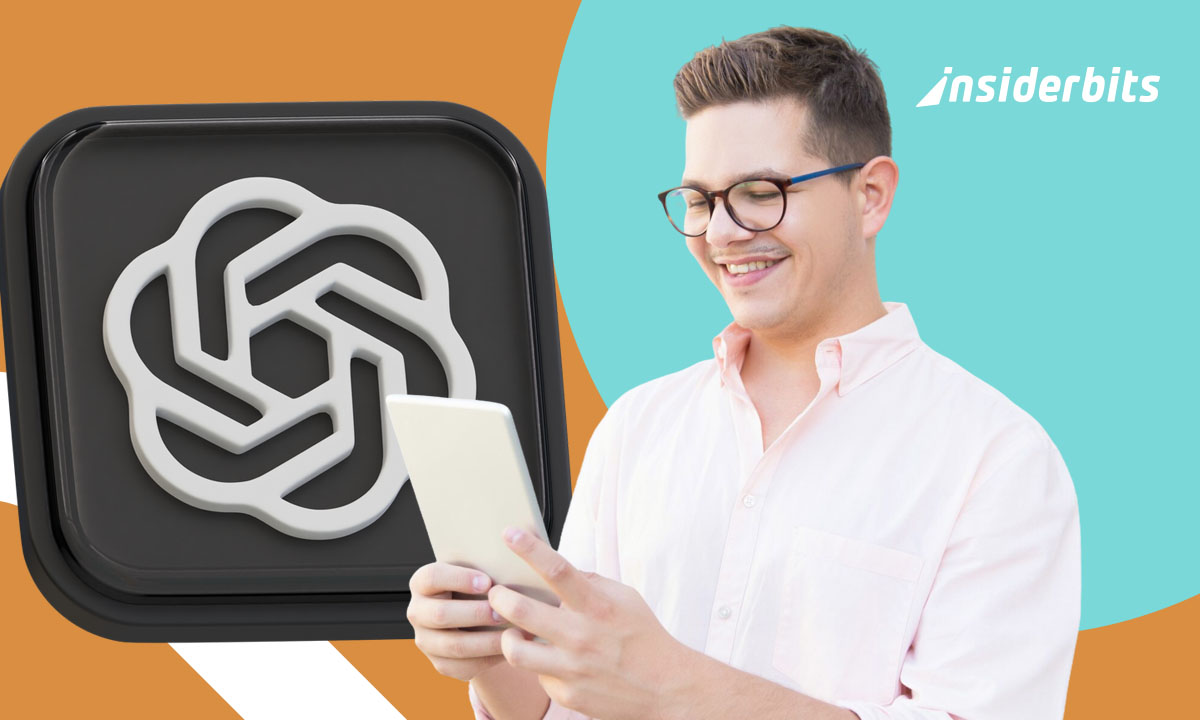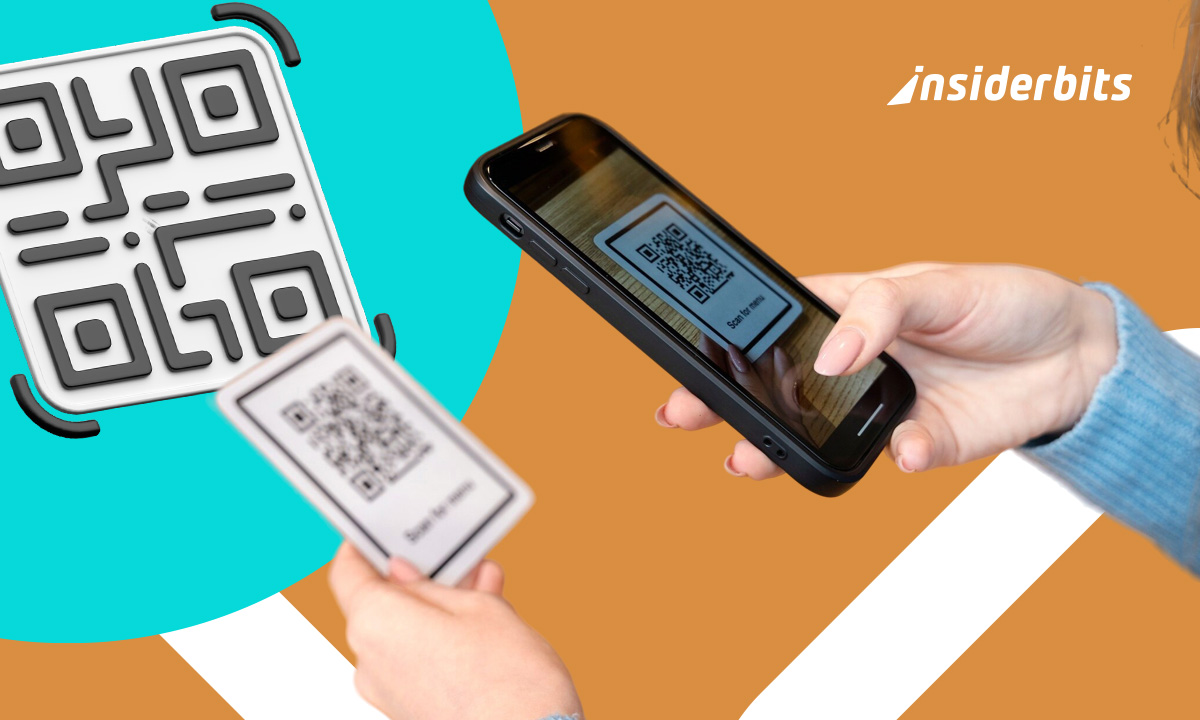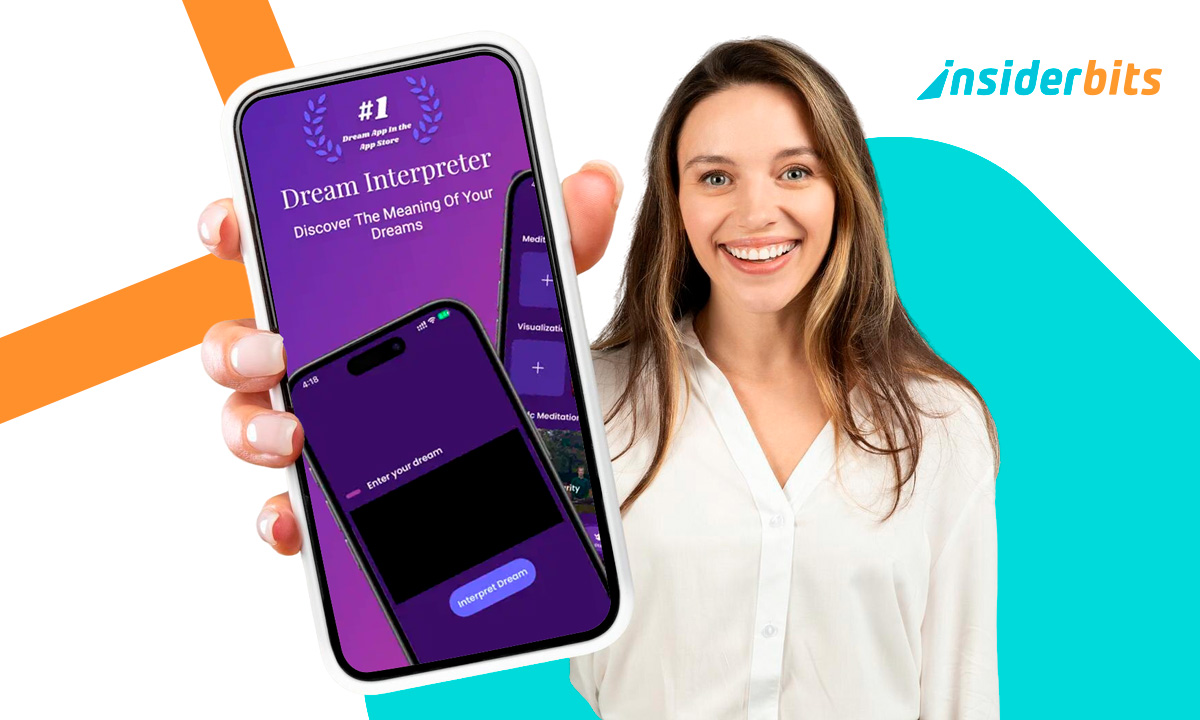KI-generierte Kunst, Musik und Texte werden immer häufiger, was rechtliche und ethische Fragen zum Eigentum aufwirft.
Kann eine KI als Schöpfer anerkannt werden, oder liegen die Rechte bei der Person, die das Werkzeug benutzt? Die Rechtslandschaft ist noch in der Entwicklung begriffen, und es gibt keinen allgemeingültigen Standard für den Umgang mit KI und Urheberrecht.
Die Frage, wem KI-generierte Werke gehören, ist mehr als eine juristische Formsache, denn sie hat Auswirkungen auf die Industrie und das künstlerische Eigentum und stellt die Grundlagen des Urheberrechts in Frage.
KI und Urheberrecht: Die rechtliche Debatte über KI-Kreationen
Die Gesetze in Bezug auf KI und Urheberrecht sind uneinheitlich. So entscheiden Gerichte, dass KI-generierte Werke nicht geschützt werden können, während andere Gerichte die menschliche Beteiligung als ausreichend betrachten, um das Eigentum zu gewähren.
Das US-Urheberrechtsamt hat wiederholt den Schutz für vollständig von KI erstellte Inhalte mit der Begründung abgelehnt, dass das Urheberrecht einen menschlichen Schöpfer voraussetzt.
Das Argument ist, dass die KI einfach nur Daten wie ein Mensch verarbeitet, wodurch ihre Ergebnisse eher derivativ als originell sind. Andere sind der Meinung, dass KI aufgrund des Fehlens von Absicht und Kreativität nicht urheberrechtlich geschützt werden kann.
Während sich Gerichte und Gesetzgeber mit diesen Fragen befassen, müssen sich Unternehmen und Künstler mit einer ungewissen Zukunft in Bezug auf KI-generierte Inhalte auseinandersetzen.
Technologieunternehmen drängen jedoch darauf, dass KI-generierte Inhalte in irgendeiner Form rechtlich anerkannt werden. Dies würde es Unternehmen ermöglichen, KI-gesteuerte Produkte zu monetarisieren und gleichzeitig vor Missbrauch oder Plagiaten zu schützen.
Ohne klare Regelungen werden die Eigentumsstreitigkeiten weitergehen.

Können KI-generierte Inhalte patentiert oder geschützt werden?
Im Gegensatz zum Urheberrecht, das kreative Werke schützt, decken Patente Erfindungen und Verfahren ab. Aber kann ein KI-System etwas Neues erfinden, und wenn ja, wem gehört das Patent? Gerichte haben entschieden, dass KI-generierte Erfindungen nicht patentiert werden können, weil ihnen die menschliche Urheberschaft fehlt.
Einige Forscher argumentieren, dass KI-gestützte Innovationen patentierbar sein sollten, wenn ein Mensch eine wesentliche Rolle bei der Steuerung des Prozesses spielt. Andererseits könnten KI-generierte Patente dazu führen, dass Unternehmen KI-Erfindungen massenhaft produzieren und die Innovation monopolisieren.
Stiehlt KI oder "lernt" sie nur von bestehenden Arbeiten?
Eine der größten Kontroversen im Zusammenhang mit KI und Urheberrecht ist die Frage, wie KI-Modelle trainiert werden.
KI-Systeme verarbeiten riesige Mengen vorhandener Inhalte, um neue Werke zu schaffen. Aber gilt dies als Diebstahl, oder lernen sie einfach wie ein Mensch?
Künstler und Urheber von Inhalten argumentieren, dass KI-Unternehmen ohne Erlaubnis oder Entschädigung von ihrer Arbeit profitieren und behaupten, dass KI-Modelle durch die Nachahmung von Stilen und Techniken gegen das Urheberrecht verstoßen.
KI-Entwickler entgegnen, dass ihre Modelle Inhalte nicht direkt kopieren, sondern auf der Grundlage gelernter Muster neues Material generieren.
Wem gehören KI-generierte Kunst, Musik und Schrift?
Die Eigentumsverhältnisse bei KI-generierten Inhalten sind komplex, da verschiedene Interessengruppen Rechte an dem Endprodukt beanspruchen. Der Ersteller des KI-Modells, der Entwickler, der es verwendet, und die Person, die die KI anfordert, spielen alle eine Rolle, aber wer hat das rechtliche Eigentum?
Derzeit erkennen die meisten Rechtssysteme nur die menschliche Urheberschaft an, was bedeutet, dass KI-generierte Werke nicht durch das Urheberrecht geschützt sind. Unternehmen, die KI-Tools entwickeln, drängen jedoch auf die rechtliche Anerkennung von KI-gestützten Werken, um die Rechte am geistigen Eigentum zu wahren.
Solange es keine globalen Regelungen gibt, befinden sich KI-generierte Werke in einer rechtlichen Grauzone, in der Eigentumsstreitigkeiten die Bewertung und den Schutz von Inhalten verändern können.
Wie die Regierungen auf die Herausforderungen des Urheberrechts für KI reagieren
Angesichts der rasanten Zunahme von KI-generierten Inhalten haben die Regierungen weltweit Schwierigkeiten, klare KI- und Urheberrechtsgesetze zu erlassen.
Die Europäische Union hat die AI-Gesetz Vorschläge, die darauf abzielen, KI-Transparenz und ethische Bedenken zu regeln, und die sich möglicherweise darauf auswirken, wie KI-generierte Inhalte eingestuft werden.
In der Zwischenzeit prüft das US-Urheberrechtsamt die Fälle einzeln und entscheidet häufig, dass KI-generierte Werke nicht urheberrechtlich geschützt sind.
Während die Rechtssysteme versuchen, den Rückstand aufzuholen, müssen Technologieunternehmen und Kreative zusammenarbeiten, um einen fairen Rahmen zu schaffen, der Innovation und Rechte an geistigem Eigentum in Einklang bringt.
Wird KI die Wertschätzung menschlicher Kreativität verändern?
Mit der zunehmenden Verbreitung von KI-generierten Inhalten stellt sich die Frage nach deren Auswirkungen auf die menschliche Kreativität. Wenn KI Kunst und Schrift in Sekundenschnelle produzieren kann, verlieren dann von Menschen gemachte Inhalte ihren Wert?
Einige glauben, dass die KI die Kreativität fördert und es Künstlern und Schriftstellern ermöglicht, auf neue Weise zu experimentieren. Die Sorge, dass die Automatisierung den menschlichen Ausdruck überschatten könnte, bleibt jedoch bestehen.
Sollten KI-Kreationen aus Transparenzgründen gekennzeichnet werden?
Viele Experten argumentieren, dass Transparenz notwendig ist, um zwischen menschlicher und KI-produzierter Arbeit zu unterscheiden. Ohne eine klare Kennzeichnung könnte es dem Publikum schwerfallen, zwischen authentischen Kreationen und algorithmisch generiertem Material zu unterscheiden.
Mehrere Plattformen haben bereits die Offenlegung von KI-Inhalten eingeführt. Befürworter glauben, dass die Kennzeichnung die Originalität schützt, während Kritiker argumentieren, dass KI-gestützte Arbeiten wie jedes andere kreative Werkzeug behandelt werden sollten.
Wenn sich die KI weiterhin in demselben Tempo entwickelt, könnte Transparenz unabdingbar werden.
Die Festlegung klarer Leitlinien für die Zuordnung von KI kann dazu beitragen, die ethische Nutzung sicherzustellen, ohne die Innovation zu behindern.
KI und Urheberrecht: Wem gehören die KI-generierten Inhalte wirklich? - Fazit
Das Aufkommen von KI-generierten Inhalten hat intensive rechtliche und ethische Debatten über Eigentum und geistiges Eigentum ausgelöst. Mit der zunehmenden Zugänglichkeit von KI wird die Frage, wem ihre Schöpfungen gehören, nur noch dringlicher werden.
Ohne einen klaren Rechtsrahmen sind KI und Urheberrechte nicht vollständig geschützt.
Die Frage, ob KI als Schöpfer anerkannt werden oder ein Werkzeug für menschliche Innovationen bleiben sollte, wird die Zukunft des Urheberrechts verändern.
Verwandt: ChatGPT Wissen: Wie KI die Information verändert
Wie sollten KI-generierte Inhalte nach dem Urheberrecht behandelt werden? Bleiben Sie auf dem Laufenden mit Insiderbits für die neuesten Updates zu KI und rechtlichen Herausforderungen!





